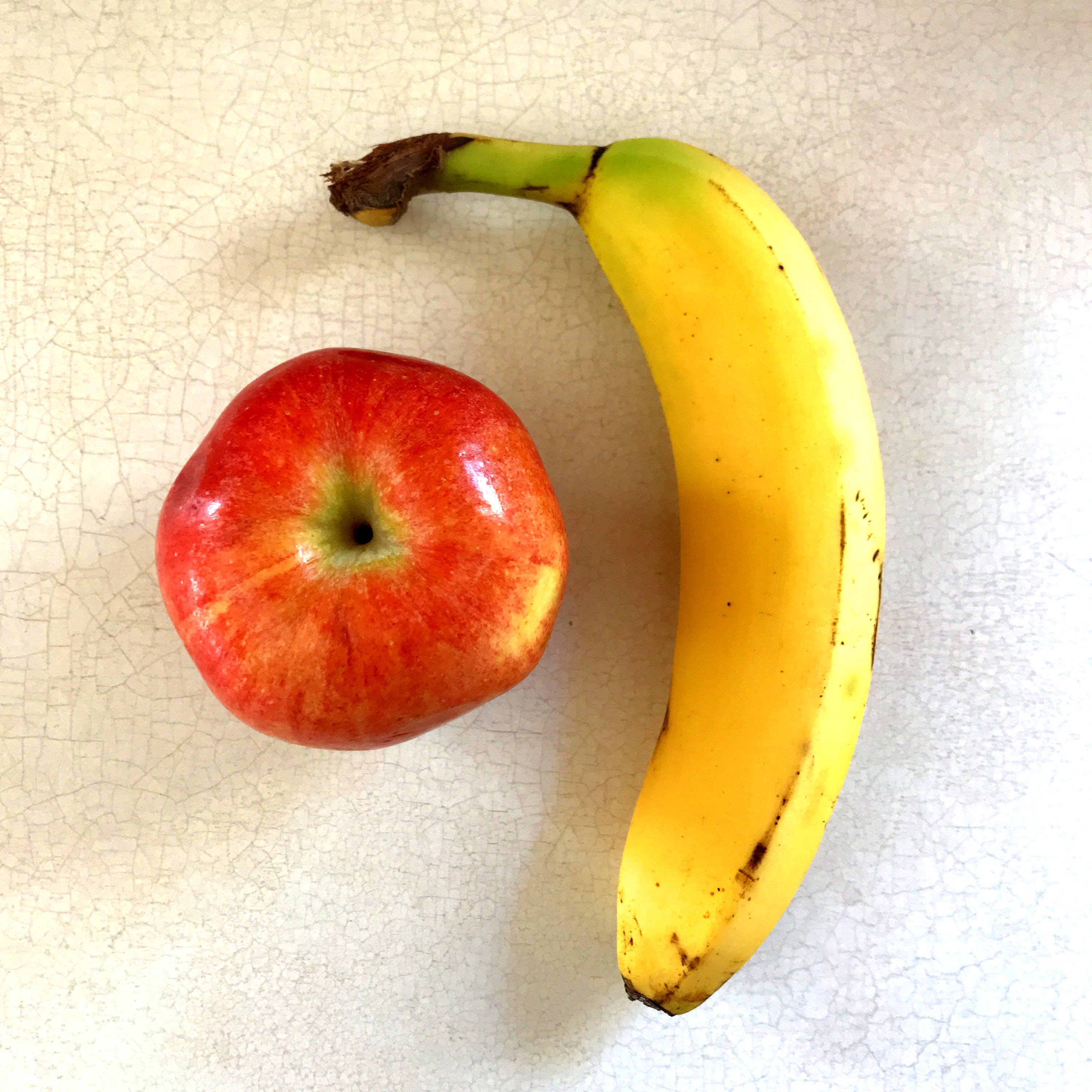Opposites

Opposites are one of the first things we teach children: big-small, short-long, happy-sad. But how universal is the idea of opposites? What's the opposite of a banana for example?\n\nIn our latest podcast, we take an in-depth look at the concept of opposites. We attempt to define opposites, exploring whether they are based on categorical or quantifiable features, or some intuitive interpretation of context. Finally, we examine how they can be used to help us navigate our environment, supporting rapid analysis and decision-making. And if you're interested in knowing what the opposite of a banana is, Nick will reveal the analytical output of his opposite-generator model. You may find the answer surprising or predictable, rigorous or widely speculative.\n\nA few things we mentioned in this podcast:\n\n\n- Concepts and Categories: A cognitive neuropsychological perspective https://www.ncbi.nlm.nih.gov/pmc/articles/PMC2908258/ \n- Kaggle: Countries of the World Dataset https://www.kaggle.com/fernandol/countries-of-the-world \n- U.S. Department of Agriculture: Food and nutrient database for dietary studies https://www.ars.usda.gov/northeast-area/beltsville-md-bhnrc/beltsville-human-nutrition-research-center/food-surveys-research-group/docs/fndds/ \n- Overtly prompting people to \u201cthink in opposites\u201d supports insight problem solving https://www.tandfonline.com/doi/abs/10.1080/13546783.2018.1553738?journalCode=ptar20\n- Principal Component Analysis: a review and recent developments https://royalsocietypublishing.org/doi/10.1098/rsta.2015.0202\n\n\nFor more information on Aleph Insights visit our website https://alephinsights.com or to get in touch about our podcast email podcast@alephinsights.com\n\nImage: Bill Smith via Flickr